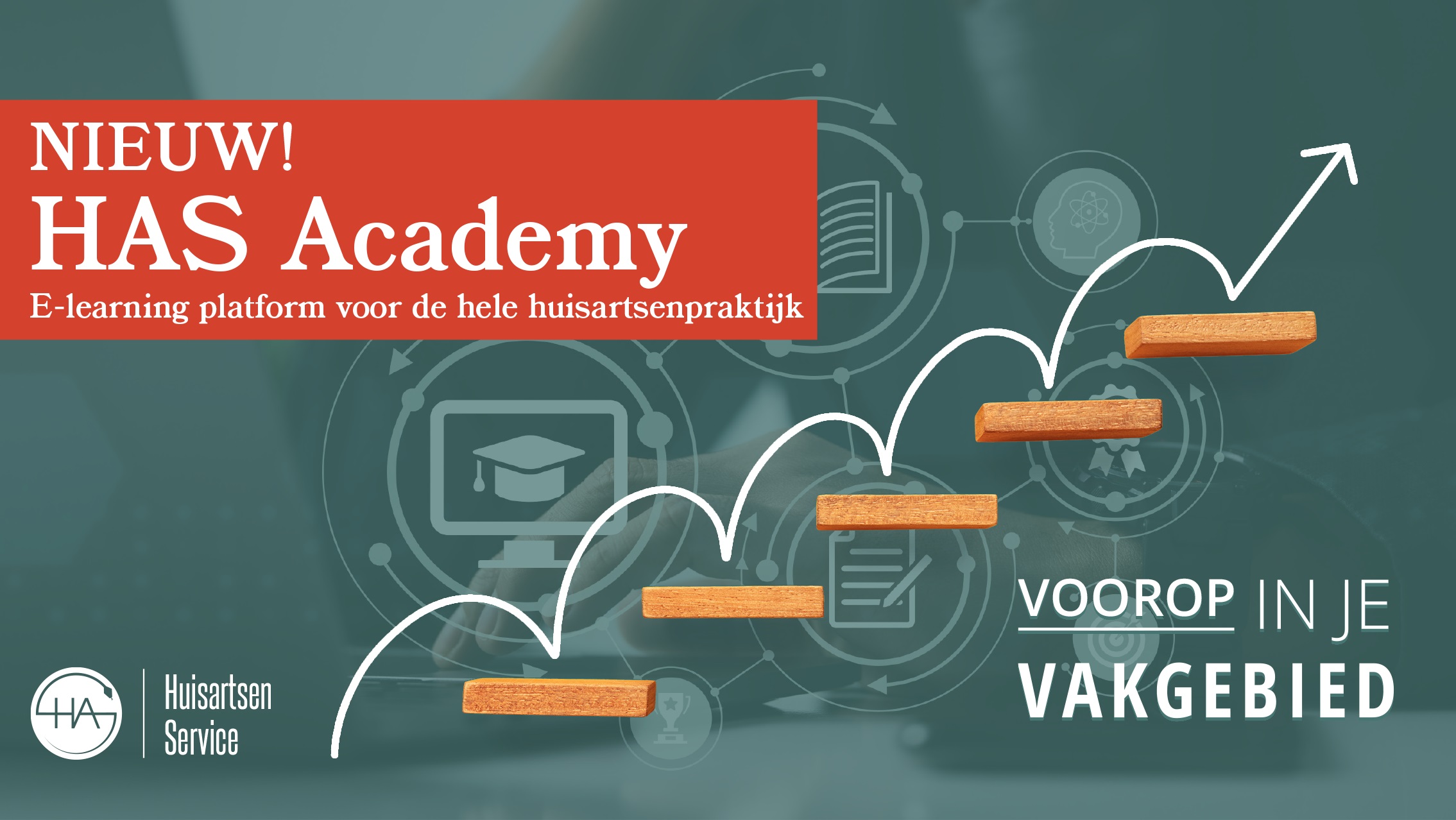Nieuwsbrief
 7 punten
7 puntenAccreditatie Bureau Cluster 1 (ABC1)
 Standaardtarief
Standaardtarief€ 213.00
 Nu Beschikbaar
Nu Beschikbaar
Deze e-learning wordt aangeboden in samenwerking met de University of Arizona. De e-learning is al jaren in de VS geaccrediteerd voor 7 AMA (Amerikaanse accreditatie) voor alle artsen. De kwaliteit is hoogstaand en er wordt gewerkt met verschillende werkvormen (interactieve casuistiek, quizen en video). De geschatte tijdsinvestering is 7 uur. Alle onderdelen zijn engels, zo ook de toelichting hieronder. Integrative Pain Management: Clinical Approaches This course is comprised of four sections: Headache, Low Back Pain, Cannabis and Pain, and an Introduction to Pain in Pediatrics. Headache:Providing care for headache patients can be one of the most challenging, yet rewarding, experiences in medicine. Up to 82% of headache patients turn to complementary medicine (Adams, 2013), although more than half do not discuss such use with their provider (Wells, 2011). Low Back Pain:Low back pain is the fifth most common reason for physician visits in the United States (Hart, 1995; Deyo, 2006) and globally, chronic low back pain is estimated as affecting up to 25% over the age of 60 (Meucci, 2015). U.S. consumers spend a total of $8.7 billion in out of pocket expenses on complementary approaches to manage back pain. The 2017 American College of Physicians (ACP) recommendations for treatment of low back pain include integrative modalities as first line of care. Cannabis and Pain:Cannabis is becoming an important adjuvant in the treatment of chronic pain. While the use of this plant as a standard therapy is still somewhat controversial, the evidence for cannabis in chronic pain is often misunderstood. Learning how to effectively and safely council patients on the use of cannabis is an important aspect of chronic pain management. This course will review the pharmacology of cannabis, the evidence for pain control and other symptoms, the safe use of cannabis, as well as the differences between oral and inhaled cannabis. Introduction to Pain in Pediatrics: We now know that children feel pain as acutely and in some cases more acutely than adults. In neonates the pain pathways are well established, while the inhibitory pathways are still developing. Treatment of pediatric pain differs as well? the WHO guidelines for treatment of mild to severe pain differs with regards to the role of adjuvant and opiate therapies, Further, accurate pediatric pain assessment is complex as it requires using physiologic and behavioral indicators and caregiver assessments. Addressing chronic pain in childhood is critical because it can continue throughout adulthood if not adequately addressed (APS Position Statement, Assessment and Management of Children with Chronic Pain). As chronic pain is managed optimally with an Integrative approach, this is now utilized in many pediatric pain clinics. Encouraging data from a recent U.S. survey found that 50% of pediatric pain clinics offer some form of Integrative Medicine (Bodner, 2018).
